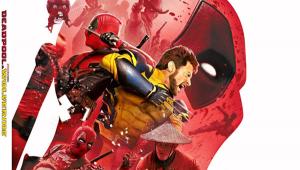Apple Leads the Pack

Running with a stack of my favorite CDs compressed into a player no larger than a deck of cards, I set a personal best on the trail around the Central Park Reservoir. My "workout" playlist on the iPod digital music player, Apple Computer's first handheld since the Newton MessagePad, included such tunes as "Two Step" by the Dave Matthews Band and "Bodyrock" by Moby. If music motivates and technology enables, then I hold the iPod singularly responsible for my running further and faster than usual. (Just add pasta.) It was also a lot of fun.
Portable MP3 players have been available for more than three years, but until now we've had to choose between small but low-capacity flash-memory models and bulky but high-capacity hard-drive devices. With the $399 iPod, Apple has managed to pack nearly 5 gigabytes (GB) - enough to hold 66 hours of music (about 1,000 songs) encoded at a rich 160 kilobits per second (kbps) - in a 2 1/2 x 4 x 3/4 -inch player that tucks into a shirt pocket with room to spare. Though weighing slightly more than a flash player, at 61/2ounces (including the battery) the iPod is lighter than other hard-drive players.
The iPod is a tour de force in miniaturization, but even that superlative is eclipsed by its data-transfer speed. While other MP3 portables have relied on USB or even slower parallel-port connections, the iPod is the first to embrace FireWire (also known as IEEE 1394 or i.Link). With a transfer rate of up to 400 megabits per second, it copied 15 songs I'd compressed from CDs on an Apple PowerBook in only 15 seconds. Was it only a few years ago that we had to play a CD in real time to make a cassette copy? With the iPod, the notion of spending more than an eye blink per song to make a digital copy is so last century.
- Log in or register to post comments


























































